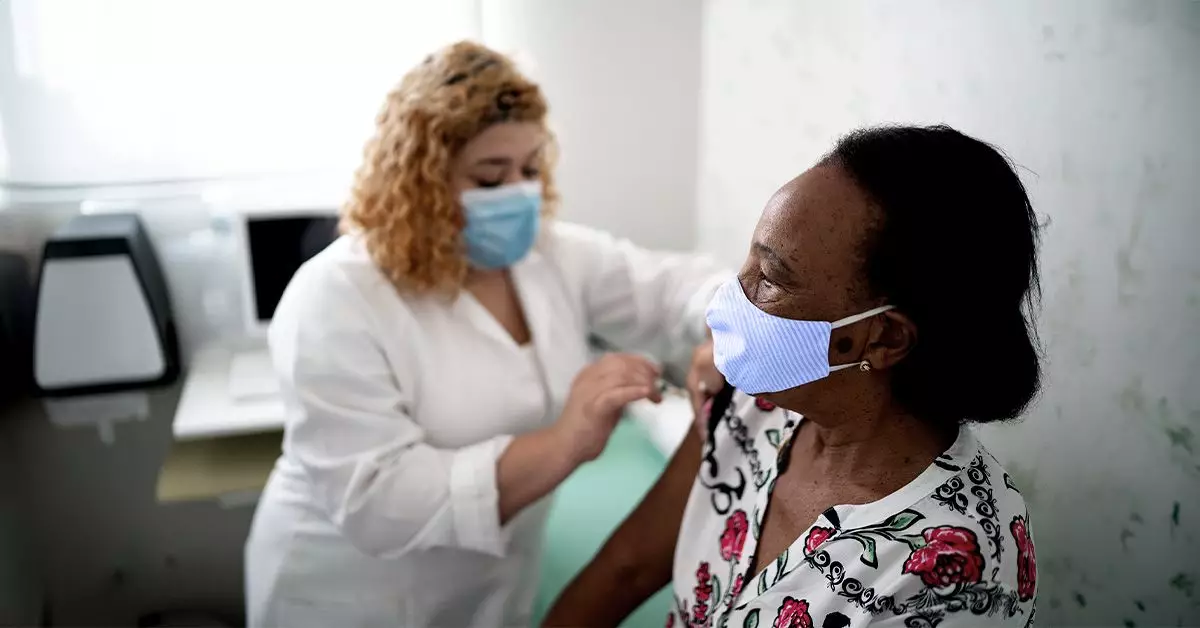When it comes to allergy shots, Medicare Part B and Medicare Advantage may cover the cost of these injections if they are deemed medically necessary. However, there are certain criteria that need to be met in order for Medicare to fund the treatment. One key requirement is that the allergy shots must be administered by a doctor with experience in immunotherapy. Additionally, the shots should be given in a clinical setting equipped to handle any severe allergic reactions that may occur as a side effect of the treatment.
Medicare will only approve payment for allergy shots under specific conditions. Some uses of allergic immunotherapy, such as for food allergies, non-allergic asthma, and migraine headaches, are considered investigational or experimental and are not covered by Medicare. The duration of covered treatment varies for each individual, and Medicare will evaluate coverage on a case-by-case basis. Factors that influence Medicare’s decision include a person’s preference, the severity of the allergy, and their response to previous treatments. However, if a person does not show evidence of clinical benefit after 2 years of treatment, Medicare will stop paying for allergy shots.
Medicare Parts B and C Coverage
Medicare Part B covers allergy shots when they are provided on an outpatient basis. This means that Medicare will pay for 80% of the treatment costs, while the remaining 20% is the individual’s responsibility. Medicare Part C, also known as Medicare Advantage, includes coverage under Part B. Private companies administer these policies, so coverage may vary. However, it is required that Medicare Advantage plans pay at least as much as Original Medicare (Part B). Medigap, or supplemental insurance, can help cover out-of-pocket costs from Medicare coinsurance or deductibles for allergy shots under Part B.
The costs of allergy shots can vary depending on several factors, including a person’s level of coverage, the components or allergens in the shot, the frequency of the shots, and any additional clinic charges. A recent study found that the average cost of allergy shots ranged from $748 to $849 per claim, with some costs exceeding $1,000. Medicare Part B also covers allergy testing, while Part D covers prescription medications, including allergy medications. It is important to note that Medicare does not pay for sublingual immunotherapy, as current evidence does not support its effectiveness in treating most allergies.
Medicare provides coverage for medically necessary allergy shots that meet specific criteria. It is essential to work with a healthcare provider experienced in immunotherapy to determine if this treatment is right for you. Understanding the conditions and limitations of Medicare coverage for allergy shots can help you make informed decisions about your healthcare options. Remember to consult with your doctor and insurance provider to determine the best course of action for managing your allergies.


Leave a Reply